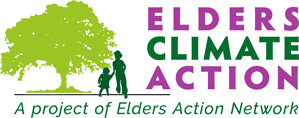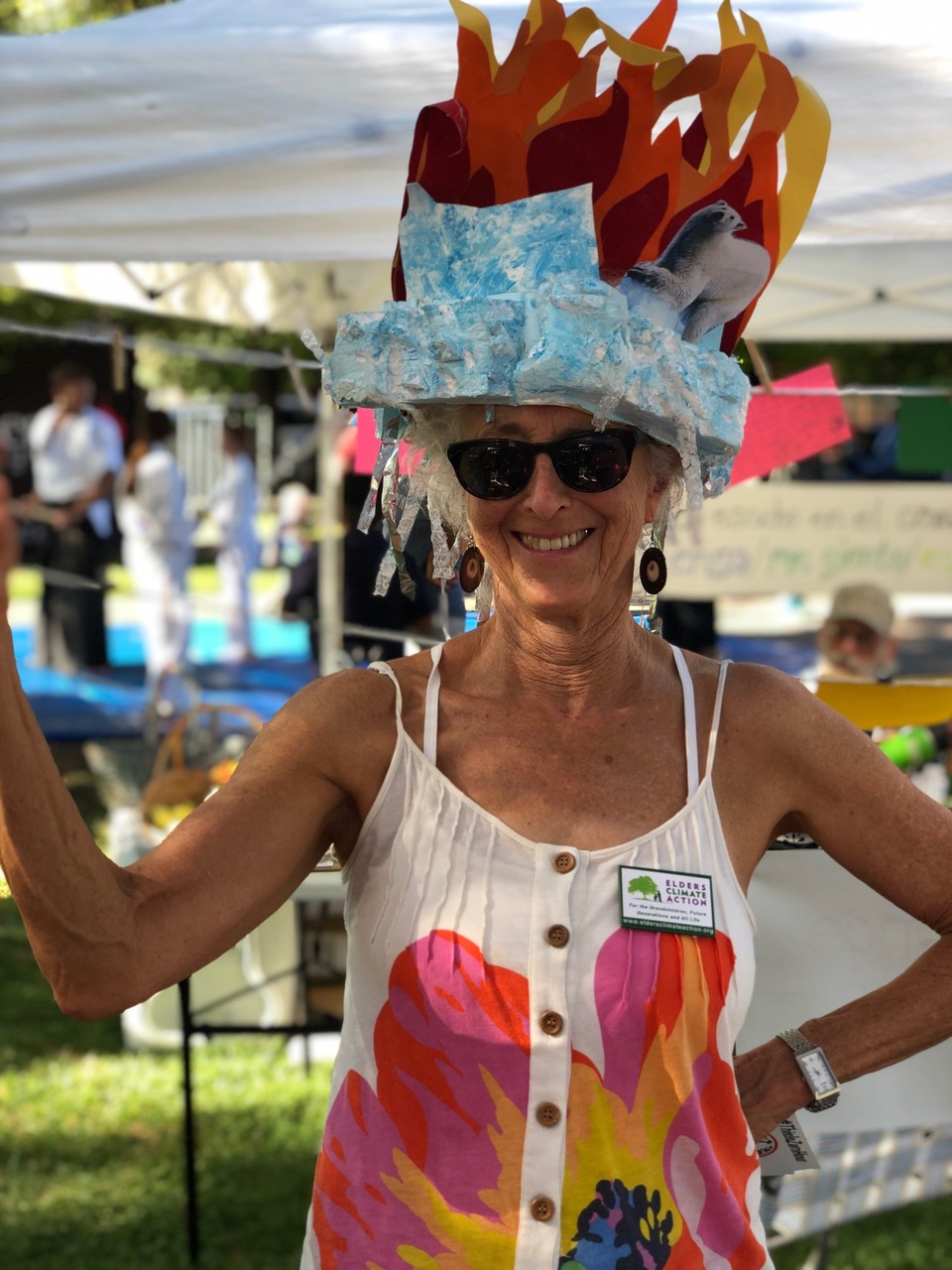Excerpt from the Article.
Lynne Iser’s daughter was 16 years old when she told her mother she wished she’d grown up in the 1950s and 60s, as her mother had, free from existential dread about climate change.
That conversation, a decade ago, changed Iser’s life.
Hearing her daughter’s pessimism and fear for the future of the planet hit Iser “in the gut” and propelled her to action, she said.
“What [my daughter] was concerned about was what I knew to be true, but I wasn’t taking it in the same way that she was,” Iser told EarthBeat. “It sunk into me — I really need to stand with my kid.”
Today, as president of the national nonprofit Elders Action Network, Iser leads a growing movement of older adults who are addressing social and environmental crises through education efforts, advocacy and activism.
Because of the prominence of Greta Thunberg and other young activists, climate activism is often portrayed as a young people’s movement. But Iser, 70, and others like her believe that elders have a critical role to play in protecting the planet, and an obligation to do so for the sake of younger generations.
“As future ancestors, what do we want our legacy to be?” Iser says elders must ask themselves. “How do we want to be remembered?”
Among Elders Action Network’s largest projects is Elders Climate Action, whose members, organized in 12 official chapters throughout the United States, advocate for environmental protection and encourage other elders to join in climate action.
David and Gloria Mog, 77 and 78, have been active members of the Washington, D.C.-area chapter since 2015, taking part in demonstrations like “Fire Drill Fridays,” which gained national attention last year because of actor Jane Fonda’s weekly participation.
David first learned about human-caused climate change in 1984, in a conversation with Roger Revelle, one of the first scientists to study the growing impact of human actions on global temperatures. David, a chemist who was working then with the National Academy of Sciences, recognized the enormous significance of what Revelle told him.


